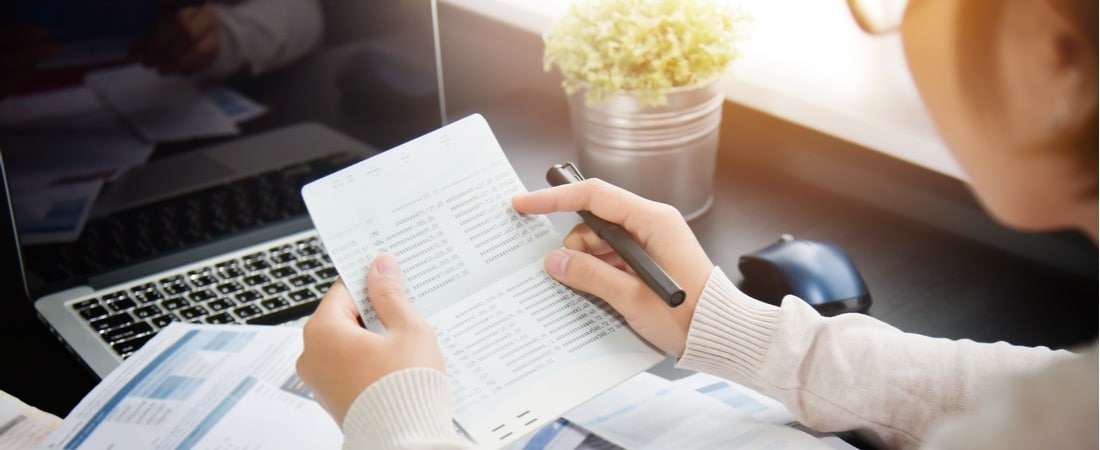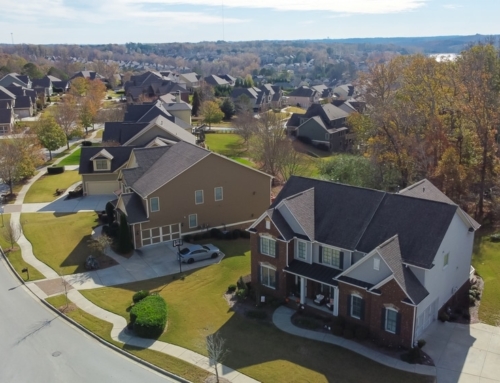Which debt to pay first when improving personal finances. Which debts to pay down first to improve your credit score and start building your savings.
Q: I am “getting back on my feet” financially and would like to know how I should continue to improve my personal finances. Is it better to prepay my mortgage, credit cards, or a personal loan? Is there a sound method that discusses which I should tackle first?
A: We’re thrilled that you’re trying to put your financial house in order. There are a lot of disparate pieces you’ll have to pull together to get that done – not the least of which involves changing your thinking when it comes to money.
So, you’ve got a mortgage on your home, credit card debt and also a personal loan you’re trying to pay off. You should know you’re not alone. More than 189 million Americans have credit cards, and the average household carries $8,398 in credit card debt. Credit card debt is at an all-time high, personal debt is rising (roughly 19.1 million consumers currently have an unsecured personal loan) and the total U.S. consumer debt is at $13.86 trillion.
Which Debt to Pay First When Improving Personal Finances
When you think about paying down or paying off debt, you have to think about the interest rate you’re being charged for different types of debt. Unless you had a very poor credit score when you initially got your loan, we think it’s safe to assume your mortgage interest rate should be under 5 percent, while your credit card loans could be as high as 28 percent. On the personal loan side, we have no idea what annual percentage interest rate (APR) you are paying on that loan, but we’re sure it’s at least as high as your credit cards, and possibly far more.
We think you should pay down your highest interest rate loans as quickly as possible. And, to that end, you need to stop charging on those cards (if you haven’t already). Understand that if you are still using your credit cards, every new purchase you make will incur interest at whatever interest rate that card charges you.
Let’s say your credit cards are charging you 28 percent on your debt, your mortgage is at 5 percent, and your personal loan is at 50% (on an APR). You should pay off your personal loan first, while still making your monthly required minimums on your credit cards and mortgage.
Once you get the personal loan paid off, throw that payment onto your credit card payment, with the goal of getting your credit card debt paid off as quickly as possible.
We’d love to see you get your debt paid off as quickly as possible. To that end, you might want to cut all non-essential expenses for several months and add that “savings” to your credit card debt payments.
How to Get Your Debt Under Control
Ilyce has written several books and many articles on how to get your debt under control. Her advice really gets down to the nitty-gritty. Even cutting out a $4 cup of coffee every day goes a long way to help reduce expenses (depending on your coffee consumption, you could save $1,500 to $2,500 per year). We don’t mean to pick on gourmet coffee, but most people pay for things that they don’t absolutely need to have and can do with less for a period of time until they get their financial house in order.
As you pay down your debt, you may see your credit score improve. As you see your credit score improve, you may receive credit card offers that will permit you to transfer what you owe from one company to another for a lower interest rate. If you can swap some of your debt that carries an interest rate of 25 percent to a card with a maximum interest rate of 15 percent, you can push even more cash towards paying down your debt.
Using Home Equity to Pay Off Credit Card Debt and Other Loans
Another option has to do with your home mortgage. Frequently, homeowners have some equity built up in their home. If they can tap into that equity to pay off credit card debt and other loans, they can then use that equity to pay down their debt even faster. The key is to remember that you need to be consistent in paying down the debt. You can’t simply swap one kind of debt for another and think that you don’t need to do anything else.
If you’re able to take enough equity out of your home and the equity line of credit you are given is at an interest rate of 4 to 7 percent, and you use that cash to pay down your other higher-interest rate loans, you’re going to save a whole bunch of money in interest.
Once you get your debt paid off, you’ll want to start building an emergency savings account for the future. And, then, save for retirement or other short-term and long-term goals. Trust us, the journey you’re on is tough, but eminently worthwhile. Good luck.
Read More on Topics Related to Which Debt to Pay First
Credit 101: How Are Credit Scores Calculated?
Credit 101: What’s in Your Credit Reports?
Is Your Email Address Wrecking Your Creditworthiness?
3 Tips for Financial Success in 2020
Dealing with Financially Irresponsible Family Members
How Do You Deal with Money in a Relationship?
4 Personal Finance Resolutions You Need to Make Ahead of a Recession
Should I Pay More Toward My Student Loan Debt or Add to My Retirement Savings?
Should I Use a HELOC to Pay Off Credit Card Debt?







Thanks Ilyce,
Got myself in over my head after a recent break up. Your advice on the cc’s will help. I needed them to basically furnish an apartment.
Thank you also for all the advice. I listen to you on the radio a lot and always get a little new insight everytime I hear you.
Kind Regards,
Ed
Ed:
I’m sorry that things have been so tough. Thank you for the kind words. I’m glad I was able to help you find a new path forward in any small way. Hang in there!
Ilyce